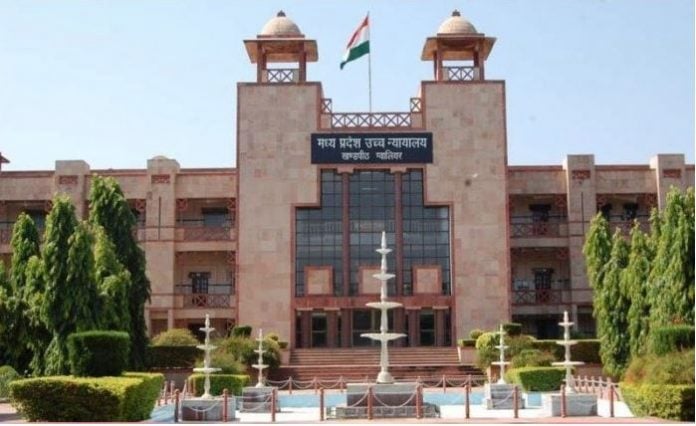The Madhya Pradesh High Court dismissed a Public Interest Litigation (PIL) seeking action against private respondents those who illegally possessed a pond.
The PIL filed by one Satanand Damohe seeks direction to remove the name of private respondents and to transfer the said pond in the Revenue Records of the Government.
The reply has been filed by the private respondents as well as the State. It is submitted that a suit was filed by the father of respondent in 1997 before Civil Judge Class- II, Waraseoni, District Balaghat for declaration of title and permanent injunction with regard to the same disputed property herein. The suit was dismissed vide judgment and decree dated 17.10.1998. Thereafter, the father of private respondents filed a first Civil Appeal in 1998 before the 2nd Additional District Judge, Waraseoni, which was decreed vide judgment and decree dated 28.02.2001. It was held that he is the owner and in possession of the property in question.
It was submitted by the Government Advocate that against the aforesaid judgment and decree, the proceedings have been initiated for the purposes of filing a second appeal. He sought time to submit to the Court whether in fact second appeal has been filed or not.
The Division Bench of Chief Justice Ravi Malimath and Justice Vishal Mishra did not find it necessary to consider the same.
“It is suffice to notice that in the statement of objection filed in 2017 itself, the reference to the dispute before the civil court was already brought on record. The petitioner has not done anything about it.”
On the contrary, the counsel for private respondents further submitted that the Gram Panchayat, Nagpura, Tehsil Waraseoni had earlier filed Civil Suit No in 2006 seeking for declaration and permanent injunction which was dismissed by the trial court on 24.09.2007. The said judgment and decree has become final. The petitioner is none other than the Ex-Sarpanch of the same Gram Panchayat.
Therefore, on this ground also, the High Court did not find any ground to proceed further in the matter.
“We do not think that the writ court could set aside the judgment and decree of the trial court. The said judgment and decree can only be set aside in a manner known to law. Hence, we are of the view that none of the reliefs claimed by the petitioner herein could be granted,” the order reads.


